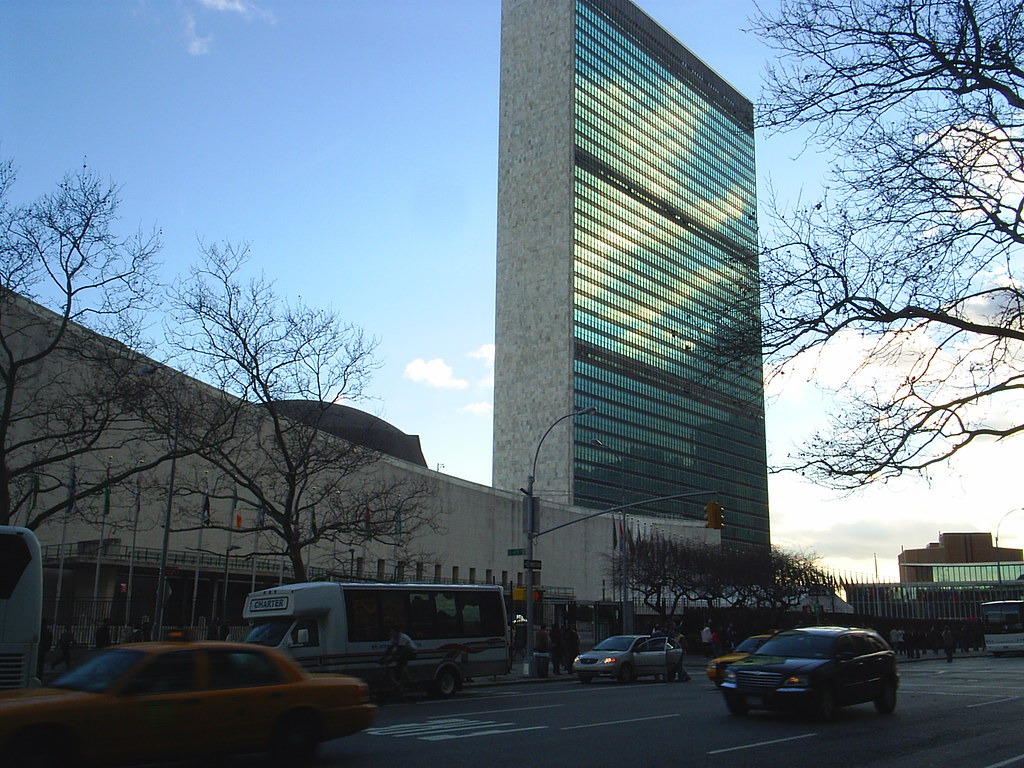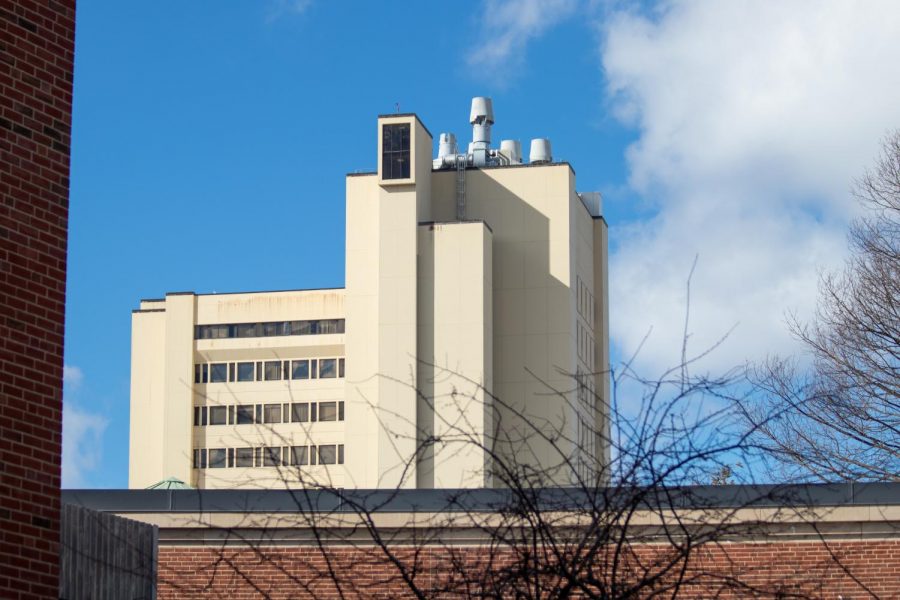
In a recent study, researchers from Stanford University discovered that organic food is not significantly more nutritious than conventionally raised food, raising questions about the benefits of buying expensive organic products. Although organic foods may not be nutritionally better, they do provide other health benefits such as reduced exposure to pesticides, hormones and antibiotic-resistant bacteria, which I think makes that slightly higher bill at Whole Foods worth it.
The Stanford study did find that exposure to pesticides decreased with organic foods. Though invisible to the naked eye, pesticides pose a real risk to the development of children whose mothers have had prolonged exposure either by living near an agricultural space or working in one. A study published in the journal Environmental Health Perspectives found “a definite negative effect” that was “the strongest for motor coordination, spatial performance and visual memory.” Children between the ages of 6 and 8 were found to be “1.5 to 2 years behind in the development of these functions” and were predisposed to high blood pressure.
While this study applies to direct exposure to pesticides, I can’t help but wonder: What will those same chemicals do to my body? Furthermore, what have other chemicals in conventionally raised food already done?
Growth hormones are given to animals, especially cattle, to help them bulk up before slaughter. The quicker cattle pack on the pounds, the quicker that meat can get out to the ever-ravenous market. Theories exist that the hormones in milk have contributed to early puberty in girls, although a Cornell study found that data is mixed and inconclusive.
Growth hormones in milk and meat have also been linked to an increased risk of breast cancer, and particularly prostate cancer. A scientist from the University of Queensland found that the risk of certain types of cancer – such as prostate cancer – can be reduced by blocking certain growth hormones. Therefore, increased exposure to those hormones means an increased risk of cancer. The Stanford study found that organic milk, however, had health benefits: higher levels of omega-3 fatty acids; an essential nutrient that your body cannot create and can only gain through food.
Cancer is not the only illness being linked to conventionally grown food. The rise of drug-resistant viruses, such as the MRSA bacterium – a germ found in staph infections that resists antibiotics – have been connected to the practice of feeding animals antibiotics to increase their weight. Animals who are fed antibiotics could gain up to 3 percent more than they would without antibiotics, increasing profit for farmers while also giving them the ability to tout the health of their animals. The constant administration of antibiotics both into food animals and overuse in the human population has led to a rise in drug-resistant bacteria. According to a 2010 story by CBS News, “A University of Iowa study last year found a new strain of MRSA in nearly three-quarters of hogs (70 percent), and nearly two-thirds of the workers (64 percent) on several farms in Iowa and Western Illinois. All of them use antibiotics, routinely. On antibiotic-free farms no MRSA was found.”
Aside from the obvious health benefits, buying organic can also mean supporting local agriculture and economies. Of the 40 local farms closest to the University of Massachusetts listed on the Community Involved in Sustainable Agriculture (CISA) website, 15 are certified organic or chemical–free. Why buy conventionally grown food from a big-box supermarket when you can have organic food grown down the street from campus, that not only tastes better and spares you from harmful chemicals, but also supports the local community? Some might argue that organic food is inherently more expensive than conventional food – then don’t buy from Whole Foods: Buy from Simple Gifts Farm, on North Pleasant Street or Sunset Farm on Brigham Lane; buy directly from local farmers at stands or farmers’ markets which are much more likely to give you a better price than a chain store.
It all comes down to this: is organic food worth the expense? Yes. Even though organic foods are not significantly more nutritious than conventionally grown foods, they provide other important health benefits while also providing the opportunity to support local agriculture.
Melissa Mahoney is a Collegian columnist. She can be reached at [email protected].










![By freestocks.org [Creative Commons Zero], via Wikimedia Commons](https://dailycollegian.com/wp-content/uploads/2024/04/Picture1-1.png)







